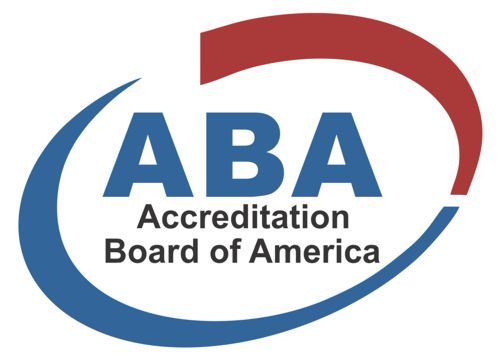In a business landscape marked by constant change and ever-evolving regulations, maintaining accreditation is paramount for certification bodies. ISO 17065 accreditation not only signifies compliance with existing industry norms but also positions organizations to readily adapt to emerging standards. In this article, we’ll delve into the role of ISO 17065 accreditation in helping certification bodies keep pace with evolving industry standards.
Understanding the Dynamic Nature of Industry Standards
To comprehend the significance of ISO 17065 accreditation, it’s essential to grasp the dynamic nature of industry standards. As technologies advance, consumer expectations evolve, and environmental concerns intensify, standards and regulations undergo frequent revisions. Certification bodies that fail to keep up with these changes run the risk of falling behind, facing legal challenges, or losing market relevance.
ISO 17065: A Vital Accreditation for Certification Bodies
ISO 17065 is a dedicated standard designed for certification bodies, ensuring their effective and impartial operation when certifying products, services, or management systems. This international standard not only provides a robust framework for certification but also offers the flexibility needed to accommodate shifting industry standards.
How ISO 17065 Accreditation Adapts to Industry Shifts
1. Embracing a Risk-Based Approach: ISO 17065 encourages certification bodies to adopt a risk-based approach. This approach involves constant evaluation of potential risks and opportunities within the certification process. As industry standards evolve, this flexibility enables quick adjustments to meet new requirements while maintaining accreditation.
2. Fostering a Culture of Continuous Improvement: ISO 17065 instills a culture of continuous improvement within certification bodies. Regular assessments of processes and procedures empower organizations to make necessary enhancements swiftly, ensuring alignment with industry developments.
3. Embracing Innovation: ISO 17065 refrains from prescribing specific methods or technologies, focusing instead on outcome-oriented criteria. This flexibility allows certification bodies to embrace innovative practices and technologies as they emerge, positioning them at the forefront of their respective industries.
The Advantages of ISO 17065 Accreditation for Certification Bodies
1. Competitive Edge: Certification bodies accredited under ISO 17065 gain a distinct competitive advantage. They can market themselves as forward-thinking, agile, and dedicated to certifying products or services that adhere to the latest standards.
2. Consumer Confidence: In an era where consumers are increasingly conscious of product quality, safety, and sustainability, businesses that hold ISO 17065-accredited certifications inspire trust. This heightened consumer confidence enhances brand reputation.
3. Regulatory Compliance: Evolving industry standards often lead to regulatory updates. By maintaining ISO 17065 accreditation and staying current with industry shifts, certification bodies reduce the risk of non-compliance and potential legal complications.
In a landscape characterized by perpetual change, achieving and maintaining ISO 17065 accreditation is a strategic imperative for certification bodies. ISO 17065 accreditation, emphasizing a risk-based approach, continuous improvement, and openness to innovation, equips organizations to remain at the forefront of an ever-evolving industry. This accreditation isn’t merely about meeting present-day standards; it’s about proactively preparing for the standards of the future. Secure your accreditation, stay aligned with emerging norms, and uphold the highest standards of certification with ISO 17065.

